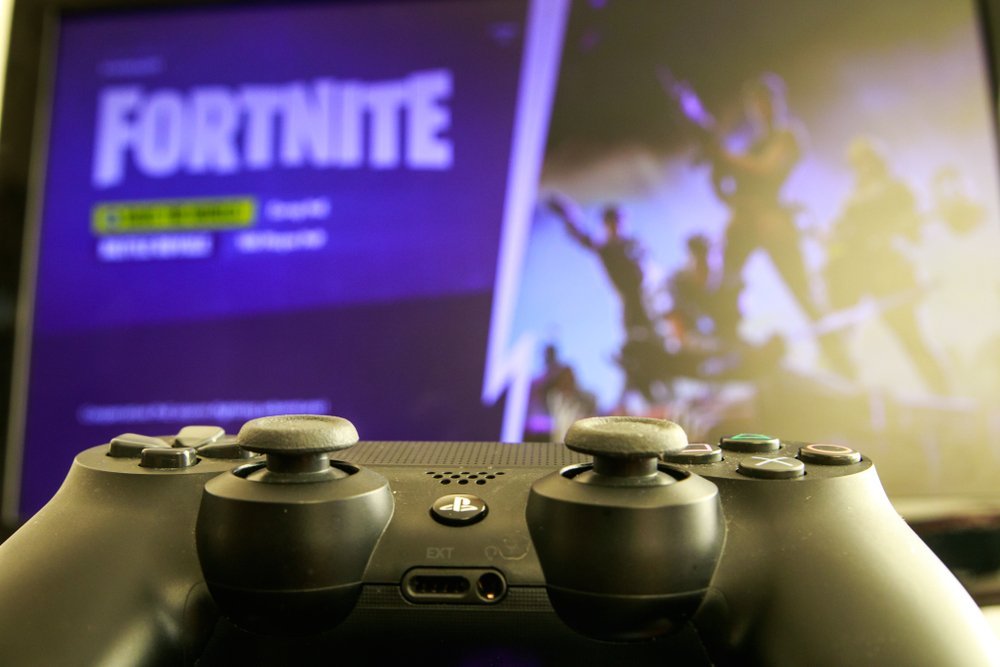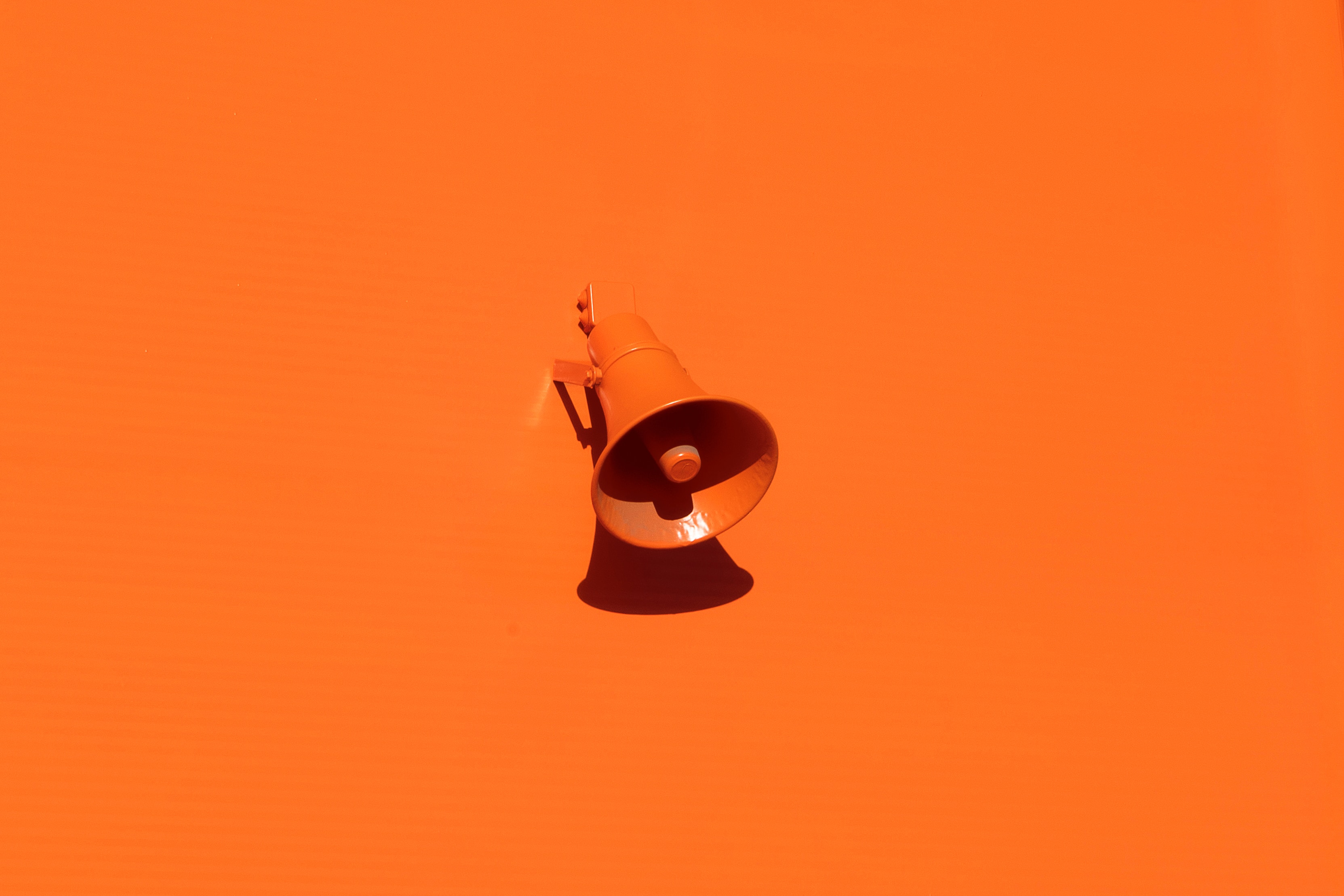You might be wondering: Why are the February numbers important? It’s because that’s the first time Fortnite’s monthly revenue surpassed that of PlayerUnknown’s Battlegrounds (PUBG). What is PUBG? Well…it’s an online survival shooter game where 100 players duel it out to be the last one standing on a gradually shrinking map. Sound familiar? PUBG Corp thought so too, which is why they attempted to sue Epic Games for copyright infringement. And with that, the plot thickens…
What Makes This Case Tricky

First of all, Epic Games is the creator of Unreal 4, the engine on which PUBG was built. So the two companies already had a tentative connection. Secondly, when Epic Games announced Fortnite’s battle royale mode in September 2017, the company cited PUBG as an inspiration. The blog post in question states, “We love Battle Royale games like PUBG and thought Fortnite would make a great foundation for our own version.” So, Epic Games admits the correlation between the two games right off the bat.
PUBG developer Bluehole’s vice president Chang Han Kim responded that he is “concerned that Fortnite may be replicating the experience for which PUBG is known.” This concern lead PUBG Corp, a subsidiary of Bluehole, to attempt an injunction that would ban Epic Games from distributing Fortnite in South Korea. BanningVideoGames.Sucks, but does PUBG have a case?
Copyright infringement would be very difficult to prove in this case. After all, Fortnite copied PUBG’s “idea”, but not any of the actual content or in-game assets. Both games are built on the Unreal 4 engine, which could account for similarities in assets or style, but Epic Games owns U4—PUBG is just licensing the software. CopyrightInfringement.Sucks, but plenty of entertainment is based on pre-existing ideas, genres and stories.
What PUBG Did Next

In June 2018, PUBG Corp dropped its lawsuit against Epic Games in South Korea. And they were probably right to do so. Trying to copyright a video game genre would be nearly impossible, particularly when PUBG didn’t invent the “battle royale” concept in the first place. Hunger Games is just one recent example of the popularity of the battle royale genre in fiction, with the famous Japanese book Battle Royale popularizing the concept way back in 1999 (nine years before the first Hunger Games book was released, mind you, but that’s an issue for another day). In fact, PUBG wasn’t even the first video game to use this format: H1Z1, another battle royale style game, has been around even longer than either PUBG or Fortnite.
So, PUBG focused their efforts on a more favorable case: mobile battle royale-type games that blatantly copy assets, phrasing and content from the PUBG game. For example, games using the iconic PUBG frying pan weapon or the infamous victory phrase, “Winner Winner Chicken Dinner.” PUBG Corp is currently seeking the removal of at least two games from the Apple App store—Rules of Survival and Knives Out—for stealing copyrighted material. These cases are ongoing.
The Takeaway
Trademark and copyright protection can be tricky, but it’s vital to protect your intellectual and creative property from infringement. The Fortnite vs. PUBG debacle shows just how sticky these conflicts can get. It’s important to pay attention to recent copyright and trademark battles and try to learn from them so you can protect your brand going forward.
IdeaTheft.Sucks—and a custom landing page could be exactly what you need to make your point in a cluttered online world.
Photo Credits: Shutterstock / Rokas Tenys, Shutterstock / Lenscap Photography, Shutterstock / Lukmanazis










